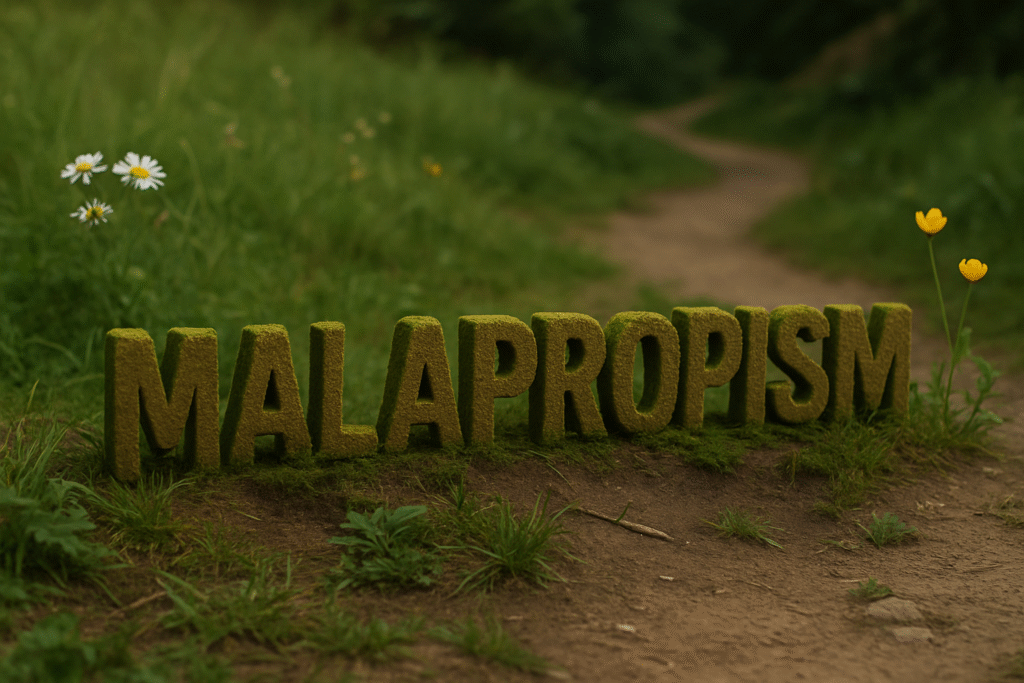Avarice

Today's Word Avarice AV-uh-ris Definition (noun) Extreme greed for wealth or material gain. Example His avarice drove him to exploit every opportunity, no matter who was hurt in the process. Word Origin From Latin avaritia, meaning “greed” or “covetousness.” Fun Fact Avarice has been condemned for centuries as one of the Seven Deadly Sins, but it often hides behind ambition or thrift. In literature, it’s a recurring theme—from Charles Dickens’s Ebenezer Scrooge to F. Scott Fitzgerald’s Jay Gatsby—characters who chase wealth so relentlessly that it consumes their humanity. Psychologists note that avarice isn’t just about money; it’s about control and fear of loss, a hunger that grows stronger the more it’s fed.
Halcyon

Today's Word Halcyon HAL-see-un Definition (adjective) Peaceful, calm, and prosperous; often referring to an idyllic time in the past. Example They often spoke fondly of their halcyon college days, when life felt full of promise and free of worry. Word Origin From Greek alkyōn—a mythical bird (often identified with the kingfisher) said to calm the sea while nesting. Fun Fact The phrase “halcyon days” comes from the ancient legend of the Halcyon bird, believed to nest on the sea during the winter solstice. Greek myth said the gods calmed the winds so her eggs could hatch safely, symbolizing peace and balance. Over time, halcyon came to describe any peaceful, golden period—those rare stretches of life when everything feels still and perfectly in harmony.
Trepidation

Today's Word Trepidation trep-uh-DAY-shun Definition (noun) A feeling of fear, anxiety, or unease about something that may happen. Example She approached the stage with trepidation, unsure if her words would come out right. Word Origin From Latin trepidare, meaning “to tremble.” Fun Fact Before it described emotional unease, trepidation once referred to physical trembling or agitation—even celestial motion. In early astronomy, “trepidation of the spheres” described the slight wobble in the heavens. Over time, the word shifted inward, from cosmic tremors to human nerves. Today, it captures that universal feeling before big moments—an interview, a confession, or a leap into the unknown—when your heart races just ahead of your courage.
Nominal

Today's Word Nominal NOM-uh-nuhl Definition (adjective) Existing in name only; or very small in amount. Example Although she held a nominal title of leadership, real decisions were made by the board. Word Origin From Latin nomen, meaning “name.” It entered English in the late 15th century referring to something “by name rather than reality.” Fun Fact The term nominal shows up in multiple disciplines—from economics (as in “nominal value,” meaning the stated rather than actual worth) to aerospace, where engineers use it to mean “operating normally.” The contrast between nominal and real reminds us how perception can differ from truth—what’s written, titled, or labeled doesn’t always reflect what’s genuinely happening behind the scenes.
Recapitulate

Today's Word Recapitulate ree-kuh-PICH-uh-layt Definition (verb) To summarize or restate the main points of something. Example Before concluding her lecture, the professor recapitulated the key themes to ensure everyone understood the core ideas. Word Origin From Latin recapitulare, meaning “to restate by chapter” (re- “again” + capitulum “chapter, heading”). Fun Fact In biology, recapitulate has a fascinating secondary use: the biogenetic law once proposed that an organism’s development “recapitulates” its evolutionary history. While this idea has since been refined, it gave rise to a lasting metaphor—how patterns in growth, learning, or even storytelling often mirror earlier stages. Whether in life or conversation, to recapitulate is to return to the beginning, tying threads together to make meaning clear.
Quotidian

Today's Word Quotidian kwoh-TID-ee-un Definition (adjective) Of or occurring every day; commonplace or ordinary. Example Even in her quotidian routine, she found beauty in the small, steady rhythms of life. Word Origin From Latin quotidianus, meaning “daily,” derived from quotidie—“each day.” Fun Fact Though quotidian literally means “daily,” it’s often used with a poetic twist—to highlight the quiet magic in the mundane. Writers like Virginia Woolf and James Joyce found inspiration in everyday details, revealing depth in what most people overlook. Psychologists even say that noticing quotidian pleasures—like morning light or a shared laugh—boosts long-term happiness by grounding us in simple, repeatable joys.
Ebullient

Today's Word Ebullient ih-BUHL-yunt Definition (adjective) Overflowing with enthusiasm, excitement, or energy. Example Her ebullient personality lifted everyone’s spirits during the long, stressful week. Word Origin From Latin ebullire, meaning “to bubble out,” combining ex- (“out”) and bullire (“to boil”). Fun Fact The same root that gave us ebullient also produced boil and bubble—and that’s exactly what the word describes: energy that can’t be contained. In the 1600s, ebullient literally referred to liquids boiling over, but by the 1700s it evolved to describe people whose emotions or enthusiasm seemed to overflow. Psychologists today even note that highly ebullient people often influence group moods, “bubbling up” positivity that spreads naturally to others—like emotional heat radiating in a crowd.
Malapropism

Today's Word Malapropism mal-uh-PROP-iz-um Definition (noun) The mistaken use of a word in place of a similar-sounding one, often unintentionally humorous. Example His toast included a memorable malapropism when he thanked the “distinguished constipation” instead of constellation of guests. Word Origin From Mrs. Malaprop, a character in Sheridan’s The Rivals (1775), whose name comes from French mal à propos (“inappropriate”). Fun Fact Classic malapropisms crop up everywhere—from sitcoms to political speeches—because our brains latch onto sound-alike words under pressure. Linguists note that malapropisms often keep the same grammatical role (a noun replacing a noun), which is why they can slip past us until context exposes the mismatch. Mrs. Malaprop herself gave us gems like “illiterate him quite from your memory,” and modern pop culture keeps the tradition alive for quick, character-revealing humor. They’re funny not because of nonsense, but because they’re almost right.
Dissonant

Today's Word Dissonant DISS-uh-nuhnt Definition (adjective) Lacking harmony; clashing or conflicting in sound, ideas, or opinions. Example The debate grew heated as their dissonant perspectives on technology’s role in society collided. Word Origin Derived from the Latin dissonare, meaning “to sound apart,” dissonant entered English in the 15th century through Middle French. Originally used to describe unpleasant or clashing sounds in music, it later expanded to describe intellectual or emotional discord—when ideas, beliefs, or behaviors fail to align. Fun Fact In psychology, the word dissonant is central to the theory of cognitive dissonance—a concept introduced by psychologist Leon Festinger in the 1950s. It describes the mental discomfort we feel when our actions and beliefs don’t match. For example, knowing that junk food is unhealthy but eating it anyway creates a dissonant feeling your brain wants to resolve. This theory reshaped modern understanding of motivation, explaining why people often change their beliefs to match their behavior rather than the other way around.
Lissome

Today's Word Lissome LISS-um Definition (adjective) Flexible, supple, and graceful in movement or form. Example The dancer’s lissome movements captivated the audience as she seemed to glide effortlessly across the stage. Word Origin Lissome emerged in English in the early 19th century as a blend of lithe (meaning “flexible” or “bending easily”) and the suffix -some, which forms adjectives indicating a quality or tendency. It evolved from older variants like lithesome, highlighting the same sense of agile grace. Fun Fact Throughout history, graceful movement has been admired as a sign of discipline, control, and even spiritual harmony. In many cultures—from the Japanese tea ceremony to ballet and yoga—fluid motion represents inner balance as much as physical ability. Interestingly, scientists studying movement patterns have found that people naturally perceive lissome motion as more aesthetically pleasing because of its smooth, predictable flow, which mirrors patterns found in nature, like ocean waves or swaying trees.
